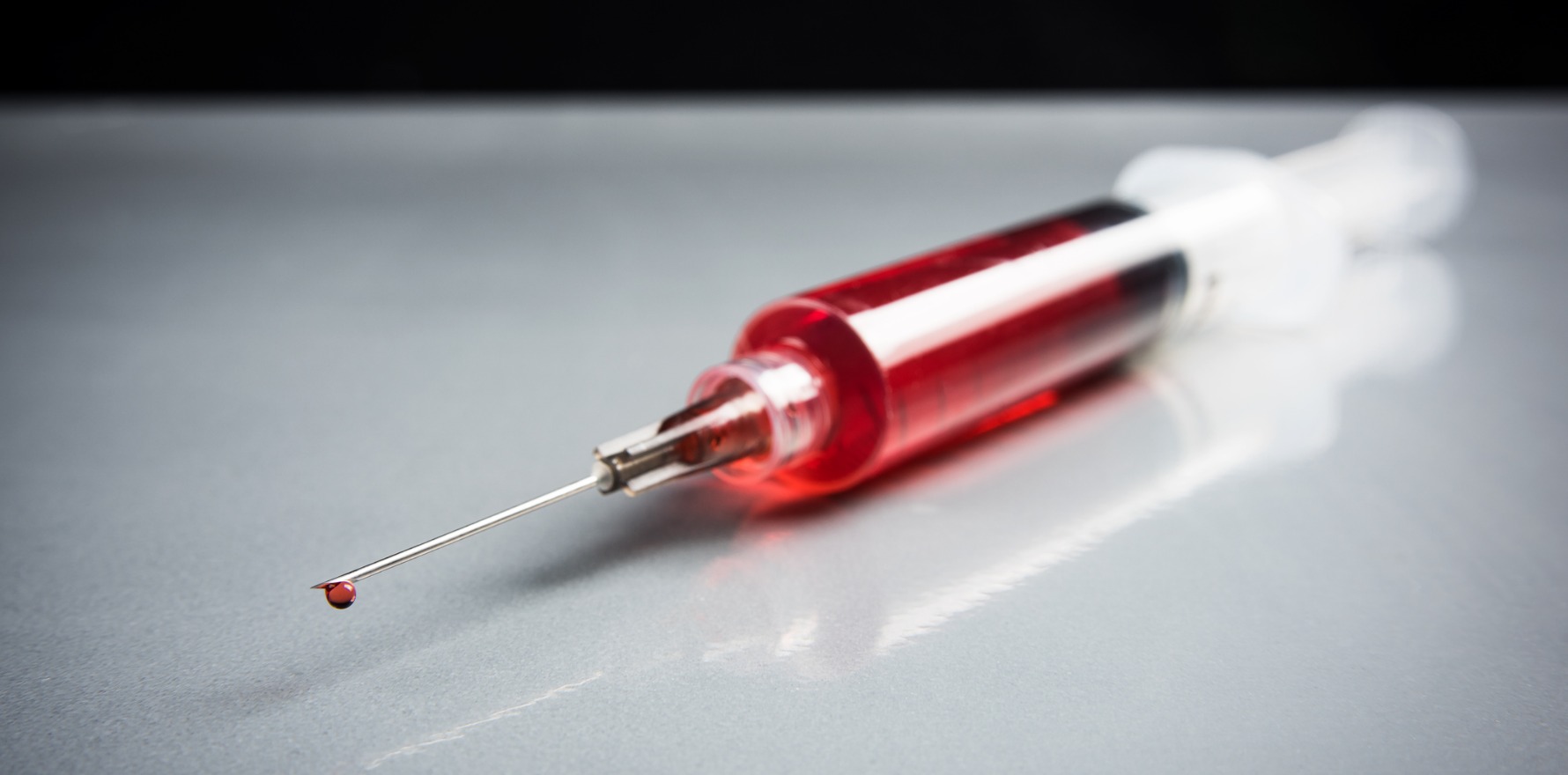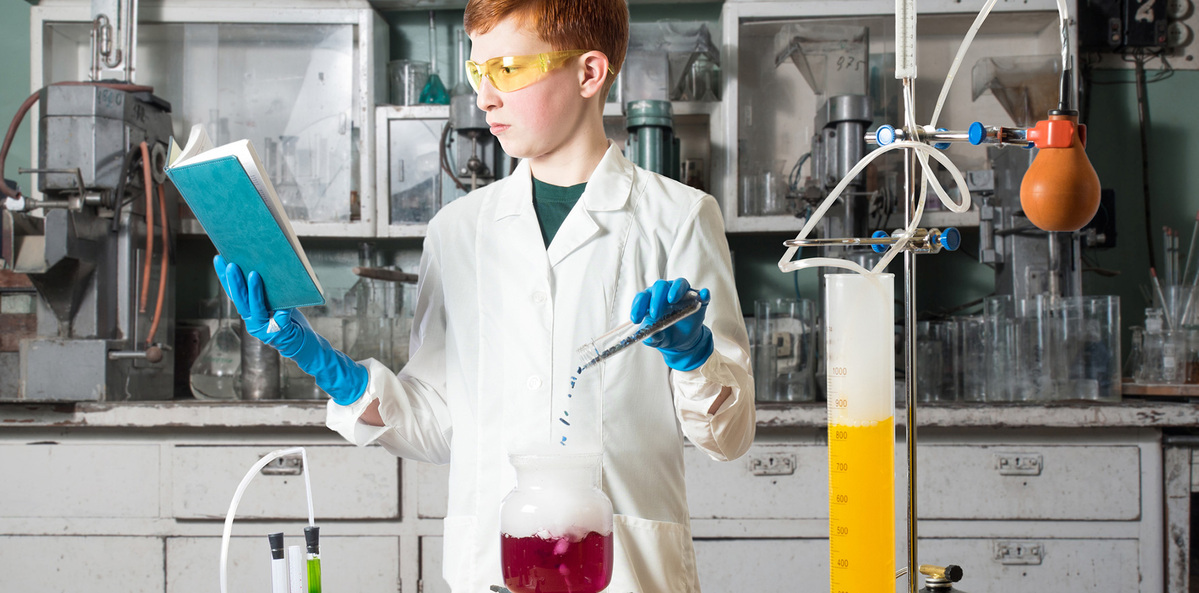A compounding pharmacy scam has been targeting general practices and patients across the country.
Mosman pharmacist Adam Reinhard says his business’s name and reputation have been co-opted by scammers taking advantage of the ongoing Ozempic shortage to shill fake products.
Mr Reinhard and his sister Anita operate The Compounding Pharmacy Australia, which ships product Australia-wide.
While they can fill almost any script, there’s one product that TCPA has refused to touch – semaglutide.
“I’m just [highly] risk-averse,” Mr Reinhard tells TMR.
“My patients’ safety is paramount, and I believe that if I have to hesitate and think [about whether to make a product] then I already know my answer.”
He was therefore surprised when Queensland Police called, asking why they hadn’t sent out the semaglutide a patient had ordered.
The officer accused him of taking a customer’s money and never providing a product.
“I obviously panicked,” Mr Reinhard says.
“I started typing in the patient name and to my horror … there was no record of this this person.”
At this point, he asked the officer to read out the full name of the pharmacy on the receipt.
While it was extremely similar to The Compounding Pharmacy of Australia – enough so that when the policeman had googled it, Mr Reinhard’s business had shown up – there was a slight difference.
After about 45 minutes of “pure panic mode”, Mr Reinhard was able to convince the officer of his innocence.
But that was only the beginning.
Then customers started contacting TCPA with questions about the unmarked vials of a reddish liquid they had received via post.
“The phone started ringing off [the hook with] angry patients and then the emails – the emails just did not stop,” the pharmacist says.
“It’s been about a year.”
The blockbuster diabetes drug, which can be used off-label for weight loss, has been in shortage worldwide for almost two years, prompting the use of compounding pharmacies that make up product from the raw material, semaglutide sodium.
Some of these are large-scale operations. Telehealth company Eucalyptus – which owns Juniper and Pilot – has contracted with two big compounders to formulate the drug.
Associate Professor Frank Sanfilippo, a pharmacoepidemiologist at the University of Western Australia who was engaged to analyse samples, told The Medical Republic that the compounded product was identical to semaglutide.
But outside of the Eucalyptus compounding arrangement, it’s less clear what safety and quality controls are being used by individual pharmacists.
Ozempic maker Novo Nordisk wrote to AHPRA and the Pharmacy Board of Australia almost a year ago outlining its concerns about compounded semaglutide, given it “requires very advanced laboratory techniques”.
Mr Reinhard says the semaglutide scam always follows the same pattern.
General practices in an area received faxes from a pharmacy offering compounded semaglutide services. The faxed documents often don’t have a phone number, just a fax number and email address.
The name of the pharmacy will be along the lines of “Compounding Pharmacy Australia” or “The Australian Compounding Pharmacy”. It’s always similar enough to “The Compounding Pharmacy of Australia” that Mr Reinhard’s business appears when it’s entered into a search engine, giving the appearance of legitimacy.
Well-meaning GPs whose patients are desperate for semaglutide pass on the scam pharmacy’s information.
Patients then contact the pharmacy to fill their script. Sometimes a product comes, other times they receive nothing.
“I noticed they’ve really targeted non-city GPs,” Mr Reinhard says.
“Now I ask people straight up if they’re from Queensland or WA or country Victoria, and normally they’ll say ‘oh yeah, how’d you know?’
“[The scammers] are absolutely spamming those areas.”
Mr Reinhard does not blame GPs for being taken in by the scam. He said his two siblings, who were also pharmacists but not compounding pharmacists, thought the fax looked legitimate.
“The spacing is right, the wording is right but the mumbo jumbo is not right, so as a compounding pharmacist it was all screaming BS,” he said.
“It’s an extremely sophisticated operation.”
Related
When the patients contact the scam pharmacy with their script, they are also handing over information like their date of birth, Medicare number and credit card details.
The scammers typically charge people $500, Mr Reinhard says, although some patients are convinced to pay up to $3000 to secure a three-month supply.
Around six months ago, the scam evolved. People started receiving unlabelled vials of red liquid in unmarked white boxes.
This timing roughly tallies with a TGA alert for fake semaglutide detected at Australia’s borders.
Semaglutide, which is administered via injection, is typically clear and colourless.
Mr Reinhard believes that the solution people are receiving is likely to contain a high amount of vitamin B12, which often has a pink or red colour.
At least one patient who contacted Mr Reinhard after injecting the substance reported having had high levels of B12 in a subsequent blood test.
“What concerned me was that I had some people who still said, ‘but I lost weight on it, I want more,’” the pharmacist says.
“[I advise patients that] these scammers are not even a registered business and that they cannot sue them for anything should something go wrong.
“I would also question their sterile techniques. These are criminals, they don’t care about your health and wellbeing, they just want your money.”
The plot thickened even further when the red mystery vials started showing up with official-looking pharmacy labels.
When Mr Reinhard looked up the name of the pharmacy on those labels, it led to the website of a legitimate compounding pharmacy in America.
He contacted the company to alert them, but never heard back. It’s unclear if the scam pharmacy is actually working with the US-based compounder or has somehow obtained labels bearing its name.
Law enforcement, at least in Mr Reinhard’s experience, has been uninterested in pursuing the case.
“The police said because I’m not a victim, because I haven’t had money stolen from me personally, I can’t report this as a crime,” he says.
While he instructs the people who contact him to report to the police, he’s not sure whether they always go through with it.
Even when they do, he says, the scam often just reappears under a new name.
Mr Reinhard has also tried AHPRA and the Pharmacy Board of Australia, but soon ran into a brick wall because the board’s jurisdiction only extends to registered pharmacists.
The TGA, meanwhile, released a strongly worded statement on semaglutide safety at the tail end of last year which says compounding “should be reserved for exceptional clinical circumstances”.
While it has been publicly silent on the topic since, the regulator confirmed with Australian Doctor last week that it had been receiving reports of fake semaglutide and had the power to pursue scam websites.
Counterfeit medicines and suspicious providers can be reported to the TGA via its website.





